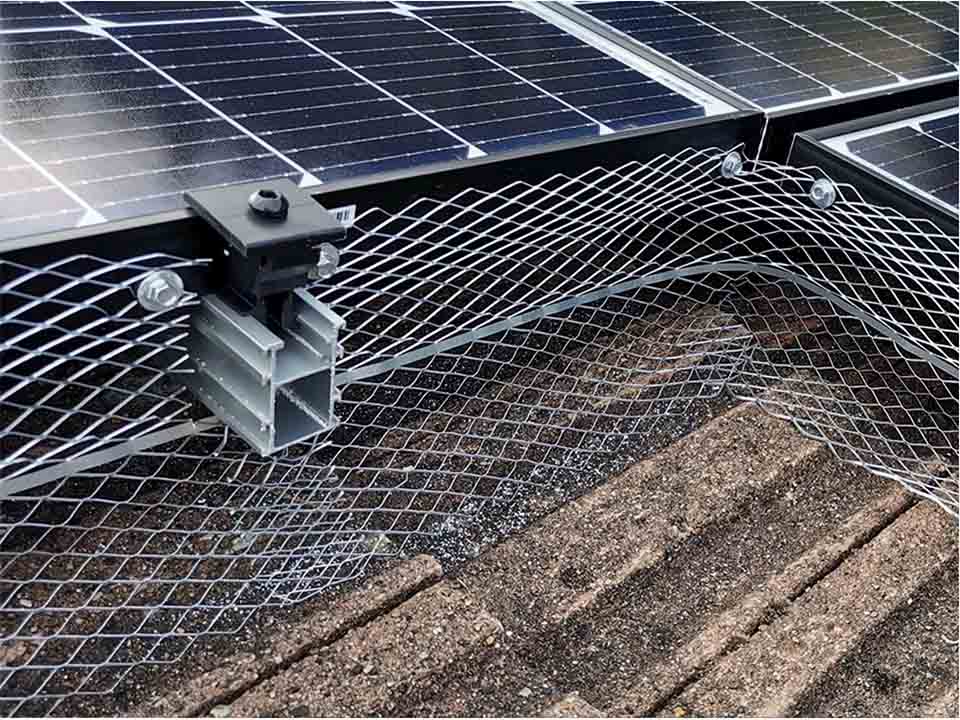For solar panels to generate electricity they do not require direct sunlight.
One of the most common questions people ask when considering solar energy is: Many people who are exploring solar energy options ask whether solar panels require direct sunlight to function because the UK frequently experiences cloudy weather conditions. Fortunately, the answer is reassuring: Solar panels can generate electricity without direct sunlight and remain effective even when covered by clouds.
Our blog explains the operation of solar panels and reveals how they function without direct sunlight while exploring benefits for UK homeowners seeking renewable energy solutions.
How Solar Panels Work
A basic understanding of solar panel operation begins with the fundamental principles of their operation.
Solar panels consist of photovoltaic (PV) cells that transform sunlight into electrical energy. Semiconducting materials such as silicon are commonly used to manufacture these cells. Sunlight striking a PV cell activates electrons within the cell material which leads to the generation of electric current.
The process needs light but full direct sunlight is not necessary to make it happen. Solar panels maintain electricity production capacity throughout overcast periods as well as during morning and evening hours and whenever they do not face the sun straight on.
The Role of Direct Sunlight
Direct sunlight boosts the energy output of solar panels but photovoltaic cells can function with various other types of light. Solar panels function to harvest scattered sunlight which includes light dispersed by clouds as well as fog and airborne particles.
Solar panels have the capacity to function across various lighting environments.
Direct sunlight: Maximum energy output
Bright but cloudy: Moderate output
Overcast or rainy: Reduced, but still functional output
Shaded conditions: Output drops dramatically when panels are shaded but advanced technologies enable loss reduction.
Solar panels generate more energy under clear skies but continue to function when clouds appear.
Solar Panel Efficiency in the UK
The UK’s well known unpredictable weather creates beneficial circumstances for solar panel flexibility. Data from the UK Met Office shows that the nation gets approximately 1,100–1,200 sunshine hours annually, while southern areas including Cornwall and Kent get more sunlight.
The UK now stands at the forefront of solar adoption worldwide even though it experiences a cloudier climate. Solar panels represent a dependable financial choice because they continue to generate returns without needing constant direct sunlight exposure.
Here’s why:
- Extended daylight periods during summertime compensate for the reduced sunlight intensity
- Solar panel performance benefits from moderate temperatures because extreme heat negatively impacts their efficiency.
- The ability of high-quality modern panels to capture diffuse light has significantly improved.
Feed-in Tariffs (FiTs) along with Smart Export Guarantees (SEGs) enable customers to achieve maximum financial returns.
Advances in Solar Panel Technology
Modern solar panels have surpassed the old belief that they require only strong sunlight to function. Recent technological breakthroughs have allowed solar systems to achieve superior efficiency across diverse environmental conditions.
Monocrystalline Panels
These panels deliver higher efficiency and improved performance under low-light situations when compared with traditional polycrystalline types. Their higher cost is justified because they utilise sunlight more effectively.
Bifacial Panels
Bifacial panels absorb sunlight from both sides which lets them gather reflected light from surfaces nearby to boost energy production even from indirect sunlight.
Half-Cut Cell Technology
The panel design decreases resistance and maintains energy production when sections of the panel become shaded.
Micro inverters and Optimisers
The use of micro inverters or power optimisers allows each solar panel to function independently thereby mitigating shading issues that can drastically reduce traditional system outputs. When shading occurs on part of the array it delivers improved performance levels.
Realistic Expectations: What amount of energy production can your system achieve when it isn’t receiving direct sunlight?
A 4kW solar system in the UK produces roughly 16 kWh of electricity during bright sunny weather. The output of a solar system drops to 4–8 kWh on overcast days because seasonal changes, time of day and the type of solar panel all affect performance.
Solar panels generate less power during cloudy weather yet they continue to support your energy savings goals. UK homeowners frequently experience significant energy bill savings throughout the entire year because their solar systems function throughout all seasons.
Optimising your solar system for cloudy conditions
Your solar system can still perform well if you reside in a cloud covered area or have a roof with a non southern orientation by following certain methods.
- Install high-efficiency panels designed for low-light performance
- Regular maintenance and cleaning of panels will prevent dirt and debris from diminishing their energy production.
- Use battery storage systems to capture surplus energy produced when sunlight intensity increases
- Place your solar panels in locations throughout your site that achieve maximum sunlight exposure.
Smart energy monitors provide real-time tracking of energy usage which helps to optimise energy consumption.
Final Thoughts
Must solar panels receive direct sunlight to function efficiently? No, but they do perform best with it. Solar panels operate effectively under various environmental conditions such as clouds and indirect sunlight.
Modern technology enables UK homes located in cloudy regions to harness clean renewable energy from solar panels. Don’t let variable weather conditions deter your solar panel plans because their functionality persists through cloudy days.
Are you ready to investigate solar power solutions for your business or residential property?
Discover how our solar panel installation services at Edenpowerltd can provide your property with smarter and more sustainable energy solutions.






